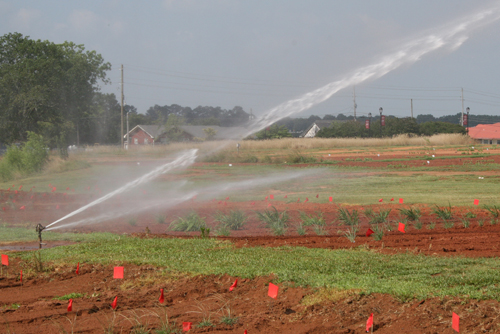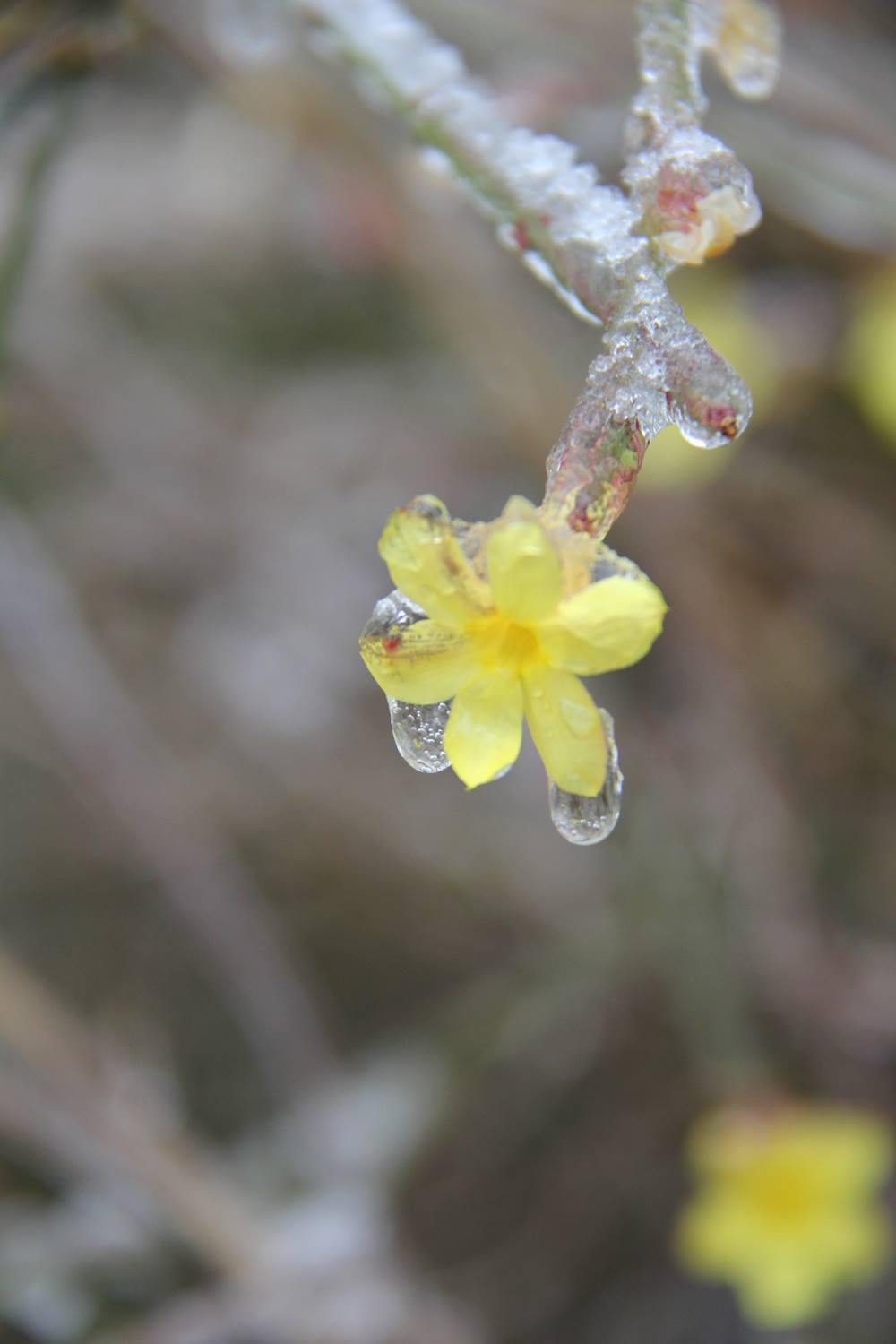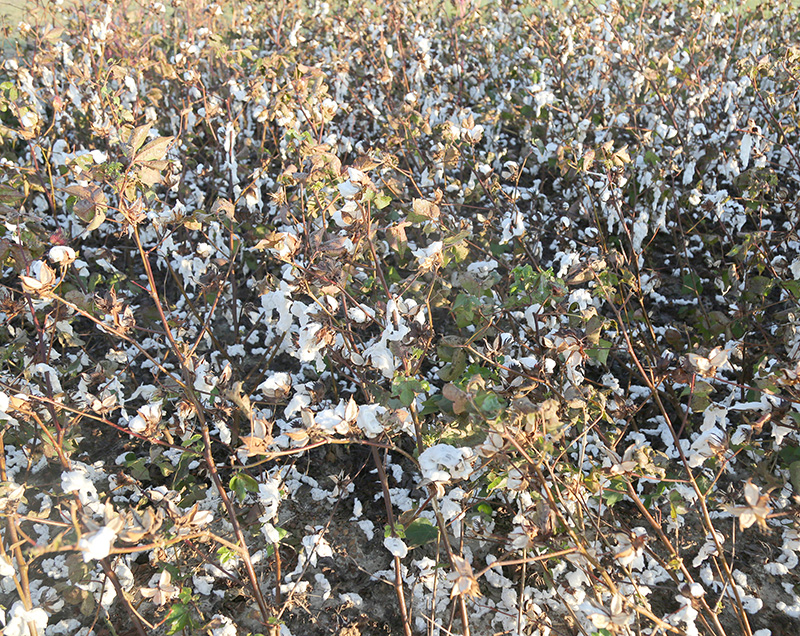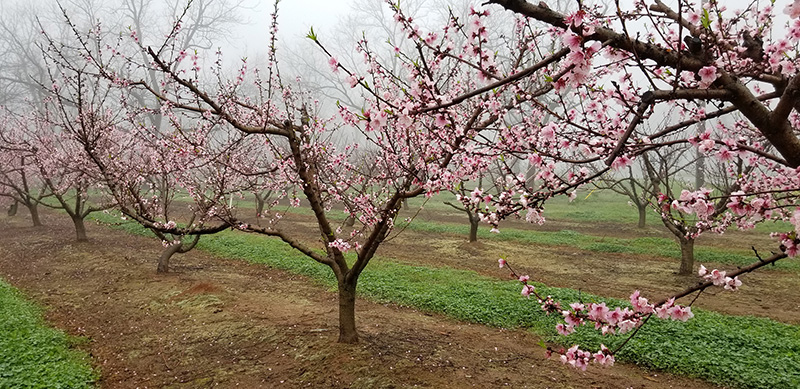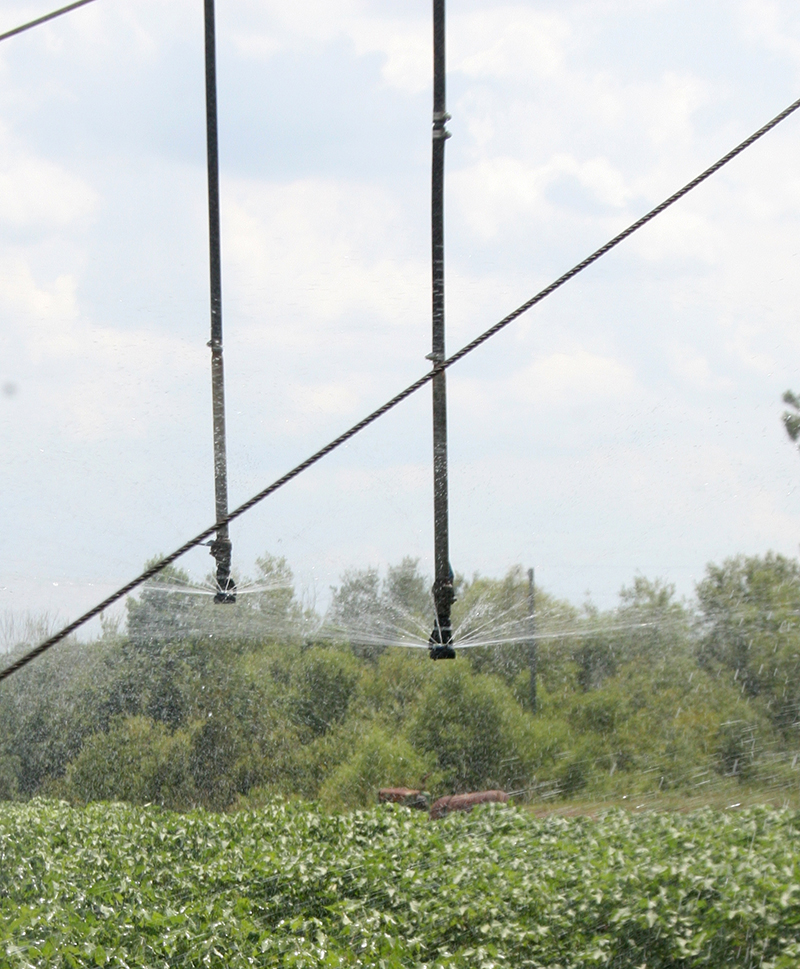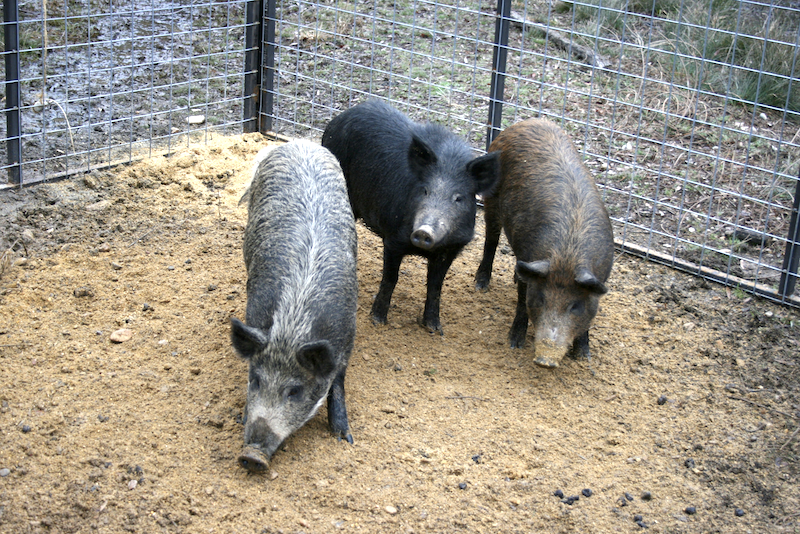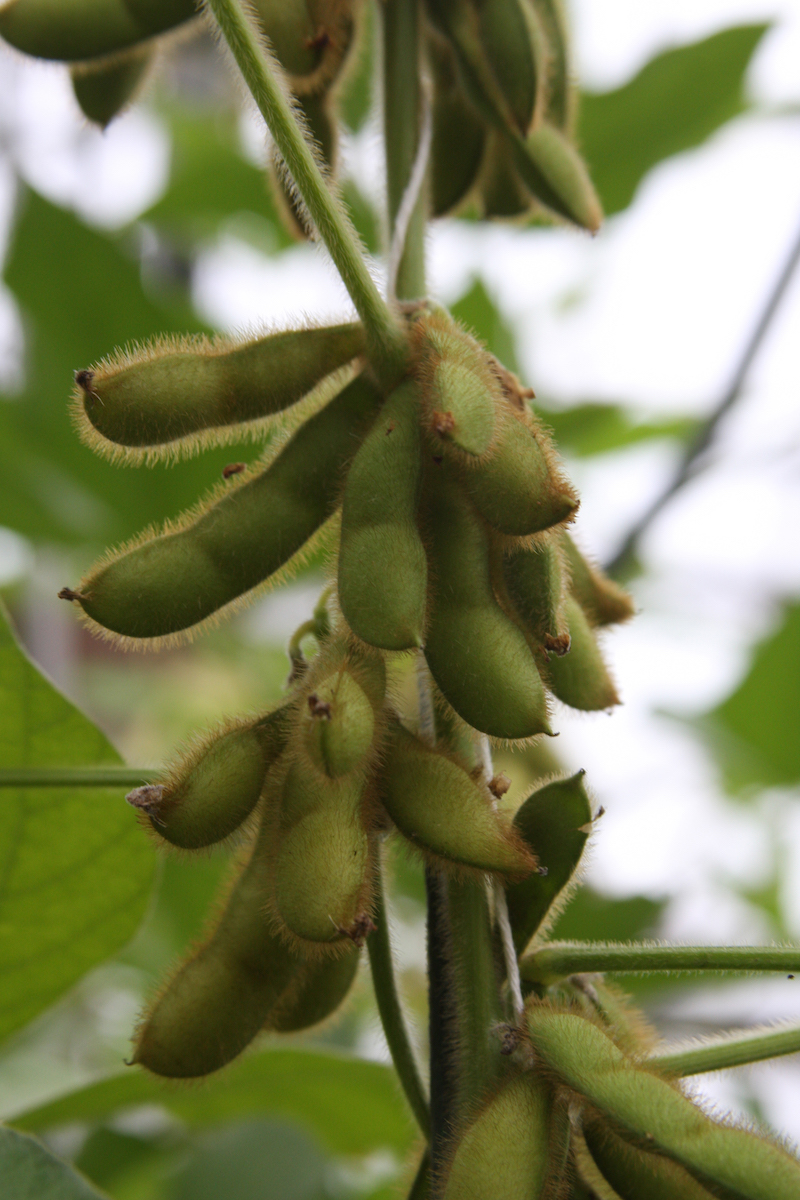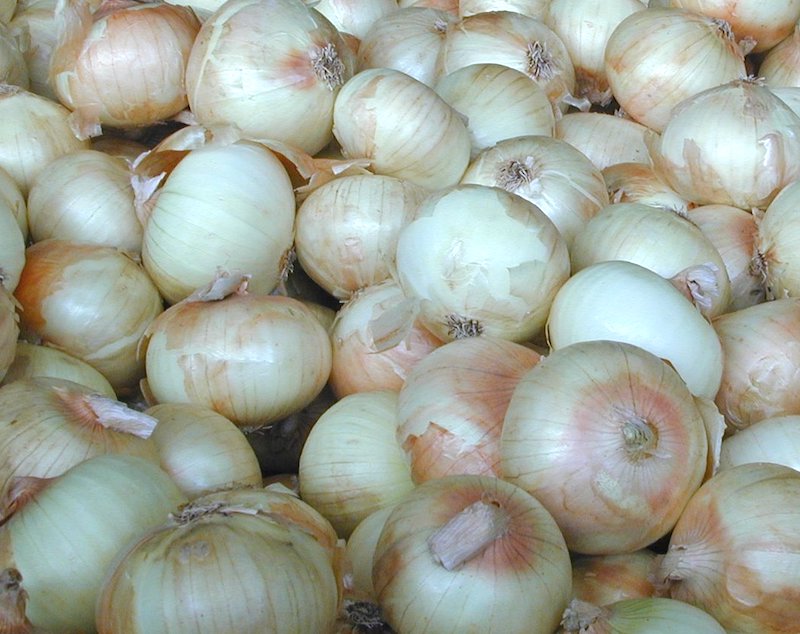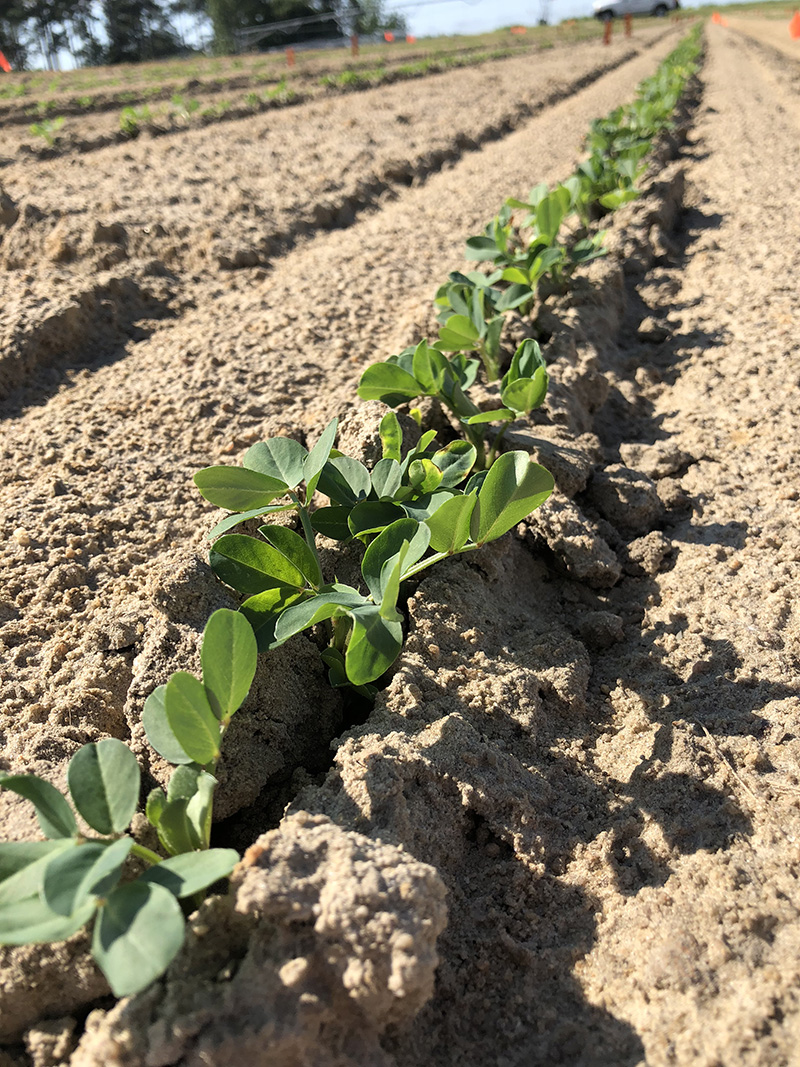 CAES News
CAES News
El Nino Impact
Farmers who might face a delayed planting season can thank El Niño for Georgia’s exceedingly wet winter, according to Pam Knox, University of Georgia Cooperative Extension agricultural climatologist. Row crop and vegetable producers usually begin planting their crops in late March through May, but excessive rainfall and cloudy conditions in January and February have left many fields soaked and soggy.

